7 Types of Law: An Overview of Legal Services
Legal practice encompasses a wide range of services and areas of expertise. These fall into 7 overarching types of law. Learning about the different kinds of law will help you understand where you might like to practice, or what services will best fit your needs if you are looking for a lawyer.
A Quick Look at the Most Common Types of Law
Business and Corporate Law guides businesses in their dealings with other businesses, government agencies, and individuals.
Criminal Law deals with the rights and prosecution of people who have been charged with a crime.
Employment Law upholds the rights and responsibilities of employers and employees, and mediates disputes between them.
Family Law upholds the law in regards to family and domestic issues.
Real Estate Law provides guidance on issues surrounding the right to own and use property.
Bankruptcy Law assists financially struggling businesses and individuals with debt relief.
Civil law manages non-criminal disputes between individuals and/or organizations.

7 Common Types of Law, Explained
Business & Corporate Law
Business and corporate lawyers specialize in providing legal advice and services to businesses. Their responsibilities include:
-
Writing or enforcing contracts
-
Overseeing business litigation
-
Guiding mergers and acquisitions
-
Mediating intellectual property matters
-
Ensuring compliance
-
Managing disputes
-
Negotiating deals
Business and corporate lawyers are typically highly educated, with many having a Master’s degree in Business Administration or a Juris Doctorate.
Criminal Law
Criminal lawyers handle the prosecution of people accused of a crime, which includes providing legal advice and representation in court. They also help their clients understand the charges they face and the possible consequences of their actions.
This kind of law covers crimes such as theft, assault, DUI or drunk driving, and murder.
Criminal lawyers attempt to get the best outcome for the clients while upholding the law. This requires a deep understanding of criminal law and the legal system, as well as good judgment and tact.
Employment Law
This type of law resolves disputes between, and enforces policies to govern, the relationship between employers and employees. In this context, “employer” may refer to businesses, trade unions, or government entities.
Some employment lawyers specialize in representing and advising employers; others have expertise in defending and advising employees. Regardless of which side they are representing, an employment lawyer works to achieve resolution in a range of issues, including wages and overtime pay, safety and compliance, harassment and discrimination, and workers’ compensation.
Family Law
Family law encompasses domestic issues relating to the division and growth of families, such as divorce, adoption, child custody, paternity, and alimony. In any case involving a child, the number one priority of the court is to ensure the child’s safety and welfare.
Family lawyers may assist in achieving a divorce settlement, arranging terms of custody, or overseeing an adoption. A family lawyer’s responsibilities include counseling and representing families or individuals involved in a domestic case, while prioritizing the safety and welfare of any children involved.
Family law has the tendency to be stressful and emotional for clients, so the most effective approach from a family lawyer often blends compassion with counsel and expertise.
Real Estate Law
This type of law ensures the legal use of land and property, whether that is selling, renting, owning, or another usage.
Real estate lawyers help buyers and sellers understand all aspects of a property transaction, including their rights and responsibilities, and any risks and benefits. Dispute resolution is a common aspect of real estate law. Disputes can range from boundary arguments between neighbors to eviction notices.
The best real estate lawyers have expertise in the property laws specific to their state, city, township, municipality, etc. This includes a deep understanding of property contracts, zoning laws, mortgages, leasing, and foreclosure.
Bankruptcy Law
This kind of law deals with individuals and businesses that find themselves in serious cases of debt. Bankruptcy law provides guidance on how people or companies can appeal for debt relief or other leniency, such as consolidation or extended deadlines.
The types of debt handled by bankruptcy law include taxes, educational loans, credit card balances, medical bills, and personal loans. Since bankruptcy law involves helping clients navigate complex financial issues and understand their options, bankruptcy lawyers tend to have a sharp financial acumen as well as in-depth knowledge of relevant updates to tax and bankruptcy policies in their state and local area.
Civil Law
The purpose of civil law is to resolve non-criminal disputes between members of a community, e.g. individuals and/or organizations. Civil law encompasses a broad range of issues with some overlap into other types of law, such as family law and business law. Civil law issues include personal injury, contract disputes, property damage, intellectual property, estate planning, environmental impact, and negligence.
Because civil law is so broad, lawyers who practice in this field tend to have specific areas of expertise, such as business litigation or probate law.
Find the Type of Law to Fit Your Needs
Whether you are seeking legal services or want to pursue a career in the legal field, it is essential to have a basic understanding of the different kinds of law.
If you are in need of legal services, we can help. At Gatlin Voelker, we combine our expertise with a commitment to get you the best possible outcome in your situation. Contact us to set up a consultation.
Related Articles
- Explaining the Difference Between DUI and DWI
- Understanding Blood Alcohol Level
- The Legal Consequences of a DUI
- Exploring the Different Areas of Employment Law
- What to Do When You Are Facing Unfair Treatment in the Workplace?
- What to Do After You Have Been Wrongfully Terminated
- Types of Cases a Personal Injury Attorney Handles
- What to Do After a Car Accident
- What You Need to Know Before Pursuing A Slip and Fall Legal Case
- A Comprehensive Guide to Adopting a Child
- A Step-by-Step Guide to Understanding the Legal Process of Divorce









